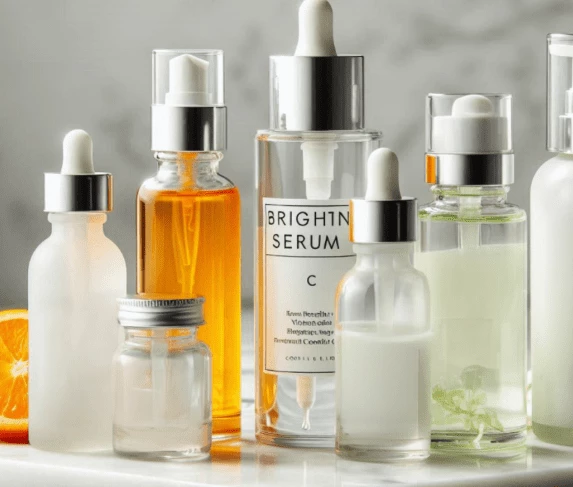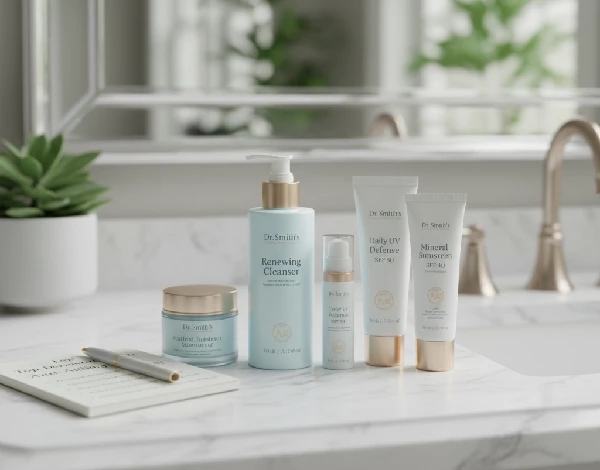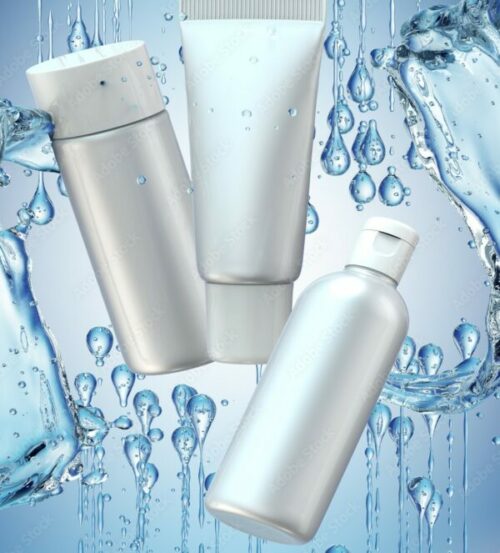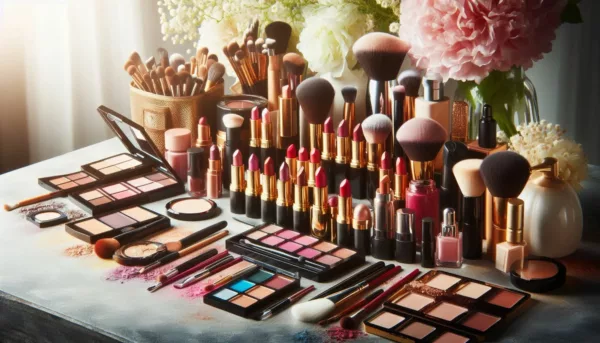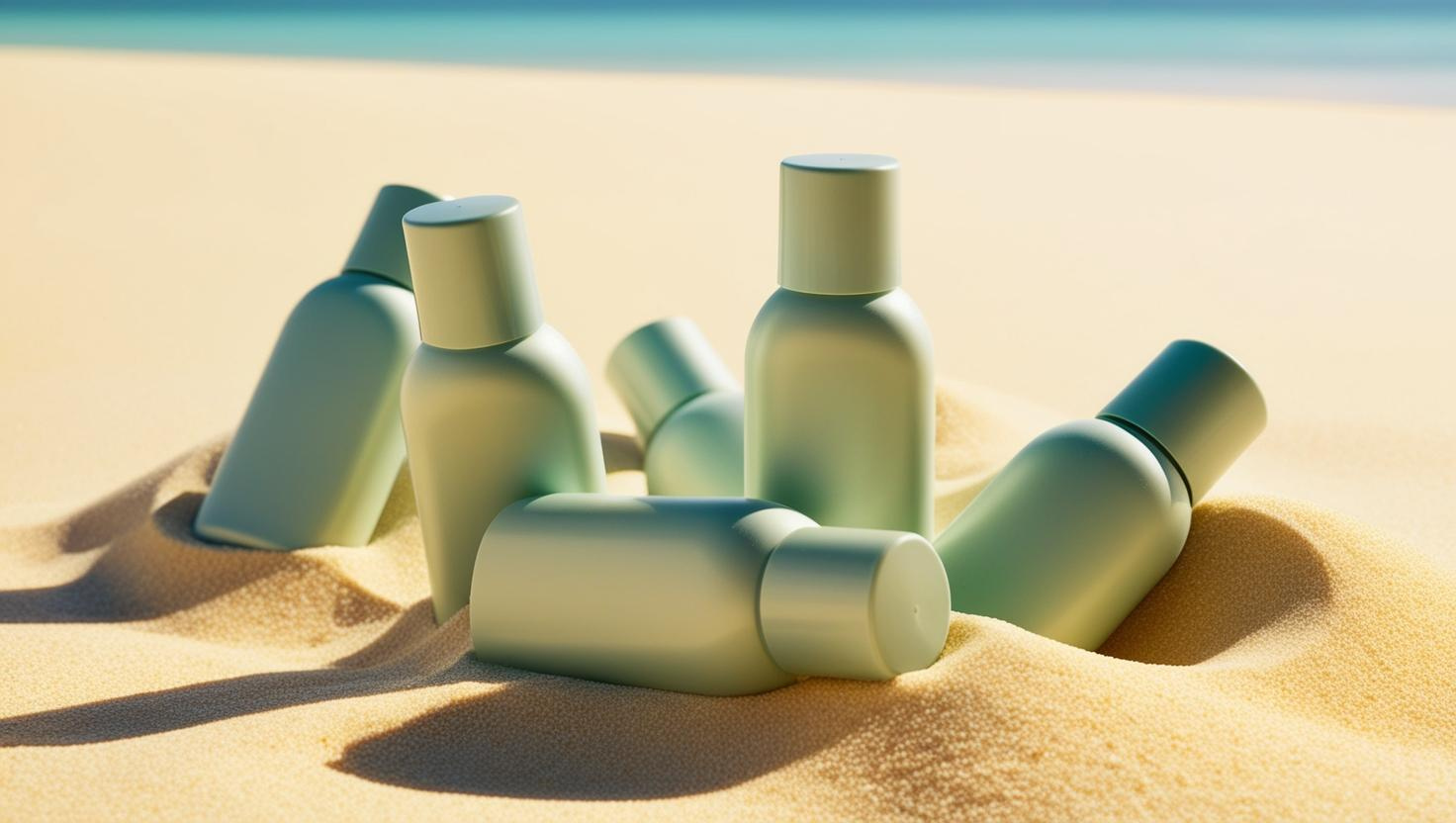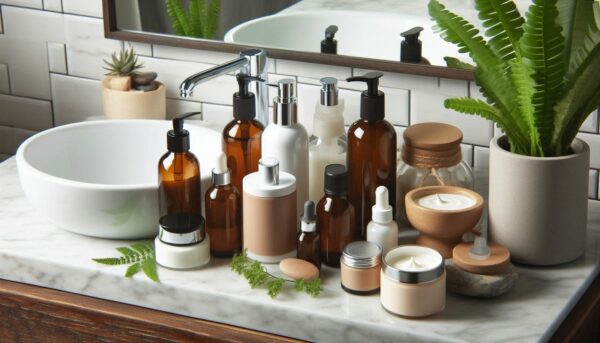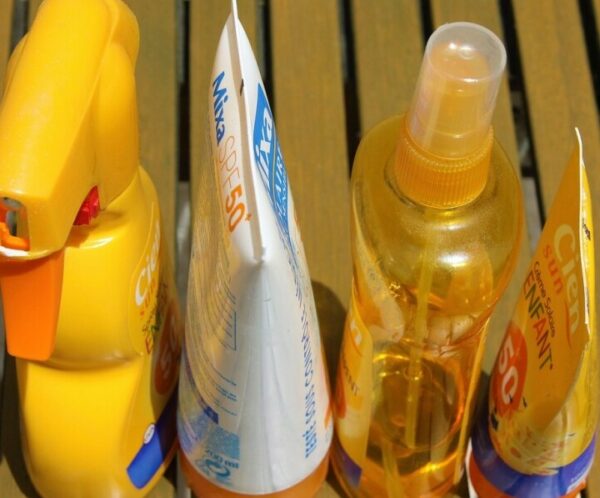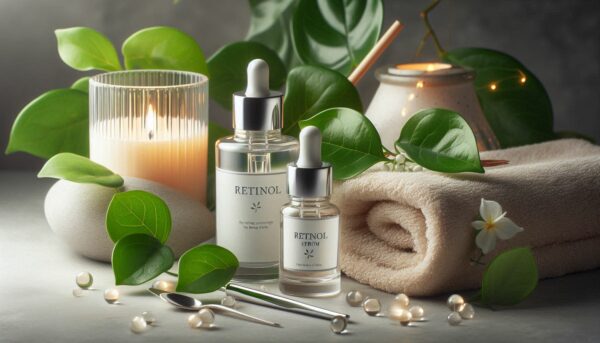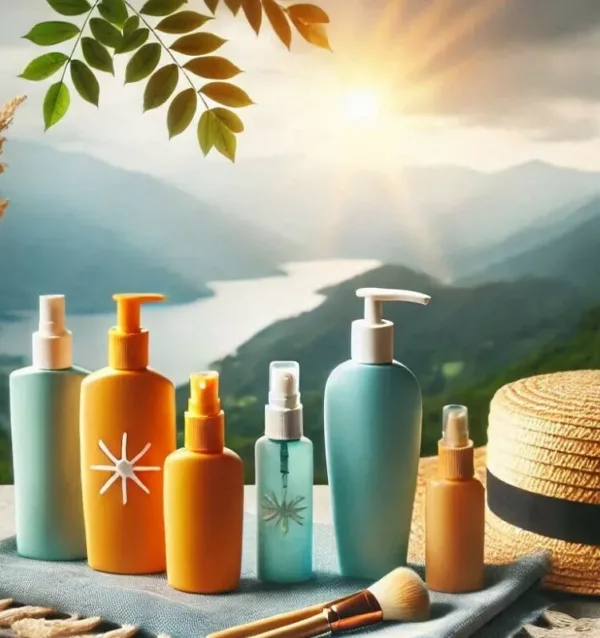After 50, your skin’s needs change, but your ability to look radiant absolutely does not. Skin loses elasticity, moisture, and sometimes that radiance it once had. Understanding what’s happening beneath the surface is key. Read on for how to get glowing skin after 50.
As we age, collagen production slows down and natural oils decrease, making skin more susceptible to dullness and fine lines. A good skincare routine still packs a punch when it comes to achieving lovely skin. With the right ingredients, habits, and techniques, you can restore luminosity, strengthen your skin barrier, and keep your complexion looking vibrant and healthy.
One big question: “How to make your face glow at 50?” The answer lies in proper hydration, gentle exfoliation, and commitment. Investing in a good moisturizer that’s specially formulated for mature skin can help retain that crucial moisture. Exfoliating regularly removes those dry, dead cells that dull your shine. Combine this with a splash of toning serums packed with antioxidants, and you’re golden!
Let’s not blame it all on time. Lifestyle habits play a huge role too. Eating clean, staying hydrated, and catching enough z’s work wonders from the inside out. Add a bit of stress management and a sprinkle of regular physical activity, and you’re supporting your skin’s health in all the right ways.
Dealing with dryness, wrinkles, and texture changes isn’t about chasing youth—it’s about embracing the golden years with the right glow. Think of it as enhancing what you’ve got and feeling confident every step of the way.

